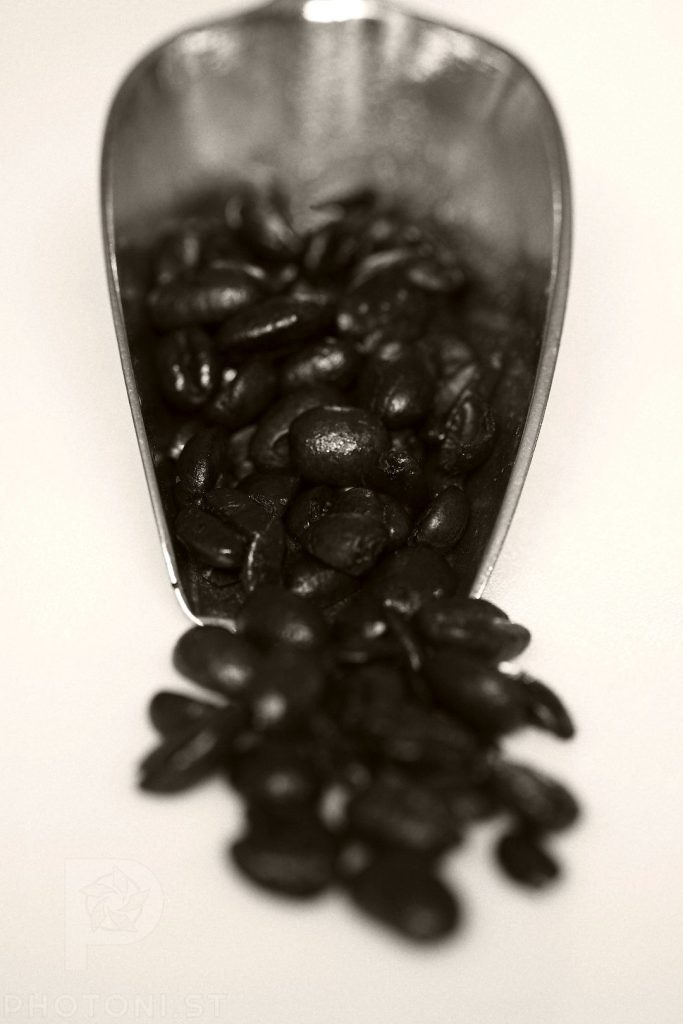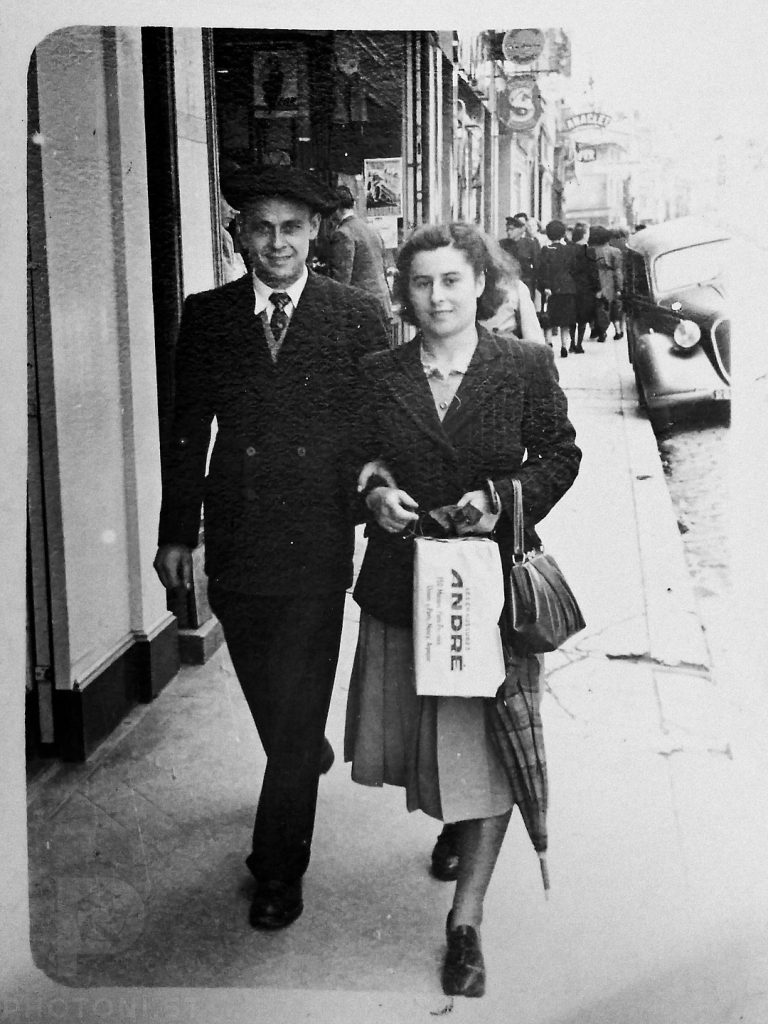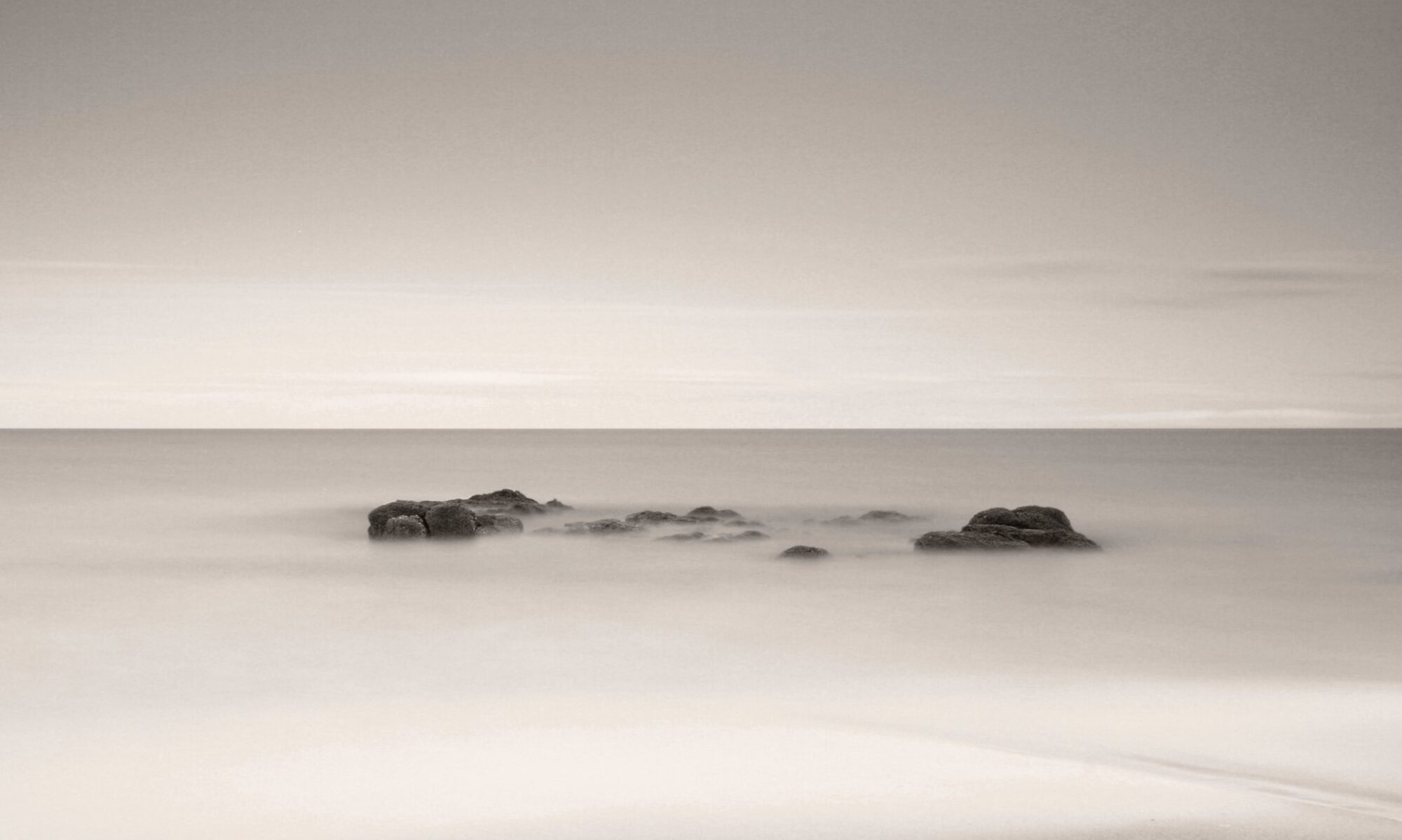One of the things I’ve struggled with lately is what I called to myself “the trap of meaningfulness”. I need to put names on things to think about them, even if it’s not the right one others use, don’t judge me.

That trap is the mindset that my photos need to be meaningful. If not to the world, at least to me. I look at my old photos, my favourite seascapes for example, or my few experiments in macros, and think “these won’t change the world; they won’t even change my mood on the day I look at them; they’re pointless in the grand scheme of things; what’s the point?”.
I know it doesn’t make sense and thinking like that means that apart from the greatest photographs of all times, no photo is meaningful or worth taking. The standard that this way of thinking creates is impossibly high and leads to inaction. You end up paralysed because once you’ve thought about what you were looking at, decided on the framing and composition, thought about the various camera parameters to achieve your objective, when you’re ready to push the trigger, you’re reminded that the photo you’re about to take won’t be one of the greatest of all times. Maybe not even the greatest you ever made. Most likely it will be average, if not meh. What’s the point then? And your finger moves away from the trigger, the moment passed and ruined.
I’m aware that it’s a stupid mindset because without the meaningless photos, the great ones wouldn’t exist. We’re not born with the ability to be in the right place and right time, and take great photos. It is a process that needs to be learned and that involves a certain degree of luck.
Photography, like any art form, is a process of accumulation. The masters we admire didn’t simply appear with their vision fully formed. Their iconic images exist because they first created thousands of “meaningless” ones. Each photograph, regardless of its immediate impact, contributes to the photographer’s evolving eye, technical skill, and artistic voice. Cartier-Bresson wasn’t born with the ability to see the right moment coming. Ansel Adams wasn’t born with the zone system in his head. They learned those things through trial and error. Most likely after years of efforts, experimentation, and failure.
The truth is that meaningfulness in photography isn’t binary. It exists on a spectrum, evolves over time, and often emerges unexpectedly. What seems trivial today might become precious tomorrow. The “meaningless” landscape you captured might later serve as a time capsule, a technical stepping stone, or even a random element that inspires your next creative breakthrough. Have you ever looked at simple street family photos from the 40s or 50s and marvelled at how things looked like back then? They’re meaningless photos, though.

Perhaps most importantly, this trap misunderstands the nature of meaning itself. Meaning isn’t only found in grand, world-changing statements. It exists in the subtle pleasure of composition, in the discipline of showing up, in the meditative act of seeing the world more closely. Even in the simple act of pushing the camera trigger. Sometimes the most meaningful aspect of photography isn’t the resulting image at all, but the experience of creating it.
I think breaking free from this trap requires a shift in perspective. Instead of judging each potential photograph against an impossible standard of significance, we might simply ask: “What am I learning here? What am I noticing? What small truth might this image contain?” These questions open doors that perfectionism keeps firmly shut.
The photographers who sustain lifelong passion for their craft are rarely those most concerned with creating masterpieces. They’re the ones who find joy in the process itself, who understand that creativity thrives in abundance, not scarcity. They know that meaningful photographs emerge not from questioning whether each image is worthy, but from the patient accumulation of visual experiences.
So perhaps the next time that paralyzing thought arrives, when thinking “this won’t be one of the greatest photographs of all time”, I might simply respond: “Of course it won’t. And I’m taking it anyway.”
#Photography #Opinion #PhotographyTheory #Theory #IMayBeWrong

